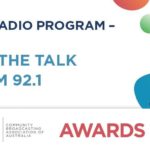Again we open the Mailbag and answer our listeners’ questions.
- What do lisps sound like in languages without the ‘th’ sound?
- How do gender-neutral terms work in languages with gendered pronouns?
- Do languages get more efficient over time?
- One-third looks like three, so why doesn’t half look like two?
- Does any poetic meter mimic the “natural rhythm” of human speech?
- How do children acquire humour?
All on this episode of Talk the Talk.
Listen to this episode
You can listen to all the episodes of Talk the Talk by pasting this URL into your podlistener.
http://danielmidgley.com/talkthetalk/talk_classic.xmlPromo
Daniel takes a question about disgruntled, and talks through some of the Words of the Week of the Year.
Also at https://www.patreon.com/posts/32138603
Leave That In!
We’re obsessed with kids jokes. And anti-jokes. And also apostrophes.
Gender in language is not very informative, but hard to get rid of.
Have you been bored since you bought a smartphone?
Also at https://www.patreon.com/posts/32385701
Patreon supporters
We’re very grateful for the support from our burgeoning community of patrons, including
- Adie
- Carolin
- Chris
- dcctor woh
- Lyssa
- Termy
- Andy
- Binh
- Bob
- Damien
- Dustin
- Elías
- Helen
- Jack
- Kitty
- Kristofer
- Larry
- Lord Mortis
- Matt
- Michael
- Whitney
You’re helping us to keep the talk happening!
We’re Because Language now, and you can become a Patreon supporter!
Depending on your level, you can get bonus episodes, mailouts, shoutouts, come to live episodes, and of course have membership in our Discord community.
Show notes
World Wide Words: Disgruntled and gruntled
http://www.worldwidewords.org/qa/qa-dis1.htm
disgruntle | Etymonline
https://www.etymonline.com/search?q=disgruntle
alike | Etymonline
https://www.etymonline.com/search?q=alike
PHOIBLE 2.0 – Consonant θ
https://phoible.org/parameters/7D184A6DCDA3EB154F9CB34651E02EEE#1/20/145
WALS Online – Chapter Presence of Uncommon Consonants
https://wals.info/chapter/19
Apple’s non-binary emojis are a step in the right direction (opinion) – CNN
https://edition.cnn.com/2019/11/01/opinions/nonbinary-emojis-alaimo/index.html
Types of Lisp Speech Disorders
https://www.spectrumspeech.ie/blog/types-of-lisp-disorders
The truth about ‘Latinx’ | OUPblog
https://blog.oup.com/2019/11/a-linguists-perspective-on-the-popularity-of-the-word-latinx/
Gender neutral language in Spanish – Nonbinary Wiki
https://nonbinary.wiki/wiki/Gender_neutral_language_in_Spanish
Is Gender Neutrality Putting the French Language in ‘Mortal Danger’?
https://theculturetrip.com/europe/france/articles/is-gender-neutrality-putting-the-french-language-in-mortal-danger/
The Push to Make French Gender-Neutral – The Atlantic
https://www.theatlantic.com/international/archive/2017/11/inclusive-writing-france-feminism/545048/
Exploring Japan’s ‘genderless’ subculture
https://edition.cnn.com/style/article/genderless-kei-fashion-japan/index.html
PDF – Weir (2009): Subject pronoun drop in informal English
https://www.isle-linguistics.org/assets/content/documents/hogg/weir2009.pdf
Do You Know How to Say Two in Different Languages?
https://www.indifferentlanguages.com/words/two
Do You Know How to Say Half in Different Languages?
https://www.indifferentlanguages.com/words/half
Feel the beat: how rhythm shapes the way we use and understand language | Education | The Guardian
https://www.theguardian.com/education/2015/mar/06/feel-the-beat-how-rhythm-shapes-the-way-we-use-and-understand-language
Prosody: Systematic Study of the Meter of Poetry
https://www.thoughtco.com/prosody-systematic-study-of-poetry-meter-120958
New study suggests speakers of different languages perceive rhythm differently | EurekAlert! Science News
https://www.eurekalert.org/pub_releases/2006-11/aiop-nss113006.php
Pop Sonnets
https://popsonnet.tumblr.com/post/134018832653/escape-the-pina-colada-song#notes
Just Clowning around: Classroom Perspectives on Children’s Humour on JSTOR
https://www.jstor.org/stable/1602220?seq=1
Early humour production – Hoicka – 2012 – British Journal of Developmental Psychology – Wiley Online Library
https://onlinelibrary.wiley.com/doi/abs/10.1111/j.2044-835X.2011.02075.x
McGee (1977): Children’s Humour: A Review of Current Research Trends
Google Books link
kid (n.) | Etymonline
https://www.etymonline.com/word/kid
Transcript
We’re working our way back through the archives. If you think we should prioritise a transcript of this episode, let us know!








